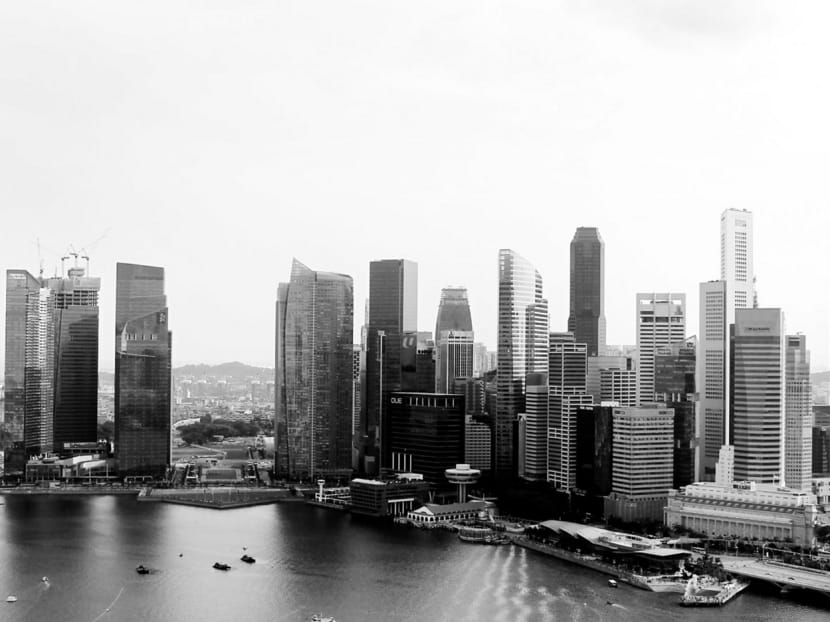Winners and losers from Trump’s TPP dump
I have spent the past few months watching the United States election and explaining what it means for Asian audiences on BBC World News and BBC.com. The latest twist in the story is that Mr Donald Trump recently announced his plan to pull the US out of the Trans-Pacific Partnership (TPP) before it has even begun.

Singapore was hoping to benefit from an increase in services, such as shipping and trade financing, under the TPP pact. TODAY FILE PHOTO
I have spent the past few months watching the United States election and explaining what it means for Asian audiences on BBC World News and BBC.com. The latest twist in the story is that Mr Donald Trump recently announced his plan to pull the US out of the Trans-Pacific Partnership (TPP) before it has even begun.
Despite the US and 11 other nations signing up to the deal — covering 40 per cent of the world economy — the President-elect had been clear on the election campaign trail that he was against it.
But even though Asian leaders have had time to prepare for this news, it does not mean Mr Trump’s decision will not sting.
And it may have lasting economic and political repercussions.
Earlier this year, Singapore’s Prime Minister Lee Hsien Loong, speaking at the White House, warned what may happen to the US should it decide to pull out of the agreement.
“If, at the end, waiting at the altar, the bride doesn’t arrive, I think there are people who are going to be very hurt, not just emotionally but really damaged for a long time to come,” he said.
So let us take a look at who stands to lose in Asia from the TPP’s demise:
Losers
Singapore: Singapore was one of the co-founders of the TPP’s predecessor (the P4 trade pact), and was a big backer of the deal in the region. The small island state relies on trade for its economy to grow. It is also home to one of the biggest ports in the region.
It was hoping to benefit from an increase in services such as shipping and trade financing, which it was expecting from more regional and global trade.
Vietnam: According to a study by the Peterson Institute for International Economics based in Washington DC, Vietnam was expected to benefit the most from the TPP because it is still a relatively closed economy.
This trade deal would have given it tariff-free access to its rice, seafood, textiles and low-end manufactured goods.
Some estimates say Vietnam could have seen a 10 per cent boost to its economy by 2025 under the TPP.
Malaysia: According to that same Peterson study, Malaysia could see its economy grow by 5.5 per cent in the same period because of the pact, which was set to give it access to the US for its palm-oil exports, but at the same time, under the rules of the agreement it had to agree to higher international labour standards.
Winners
The central premise of the US-backed TPP was: Join our party, we will all get rich together, and we will all abide by international standards.
Everybody wins.
Except that is no longer true. Instead, the biggest winner is now the country that was never included in the TPP to begin with — China.
China is well placed to step into the US’ global footprint, with both its regional trade deal alternative, the Regional Comprehensive Economic Partnership (RCEP) deal, and its massive and expensive One Belt, One Road (OBOR) initiative, which aims to build roads, ports and highways through much of Asia.
Other countries that have not joined the TPP (including Thailand, the Philippines and others who are close to China, such as Laos and Cambodia) could also stand to gain from the RCEP and OBOR.
This is typically the role the US has played in the past few decades in Asia, through US financial bodies and global institutions.
Some analysts say China has been playing the New Great Game in Asia (a reference to the power rivalry we saw in the 19th century in Central Asia), grabbing any opportunity it can find to increase its influence in the region.
Mr Trump may have just handed Beijing the chance it has been looking for.
ABOUT THE AUTHOR:
Karishma Vaswani is Asia Business Correspondent for BBC World News.






